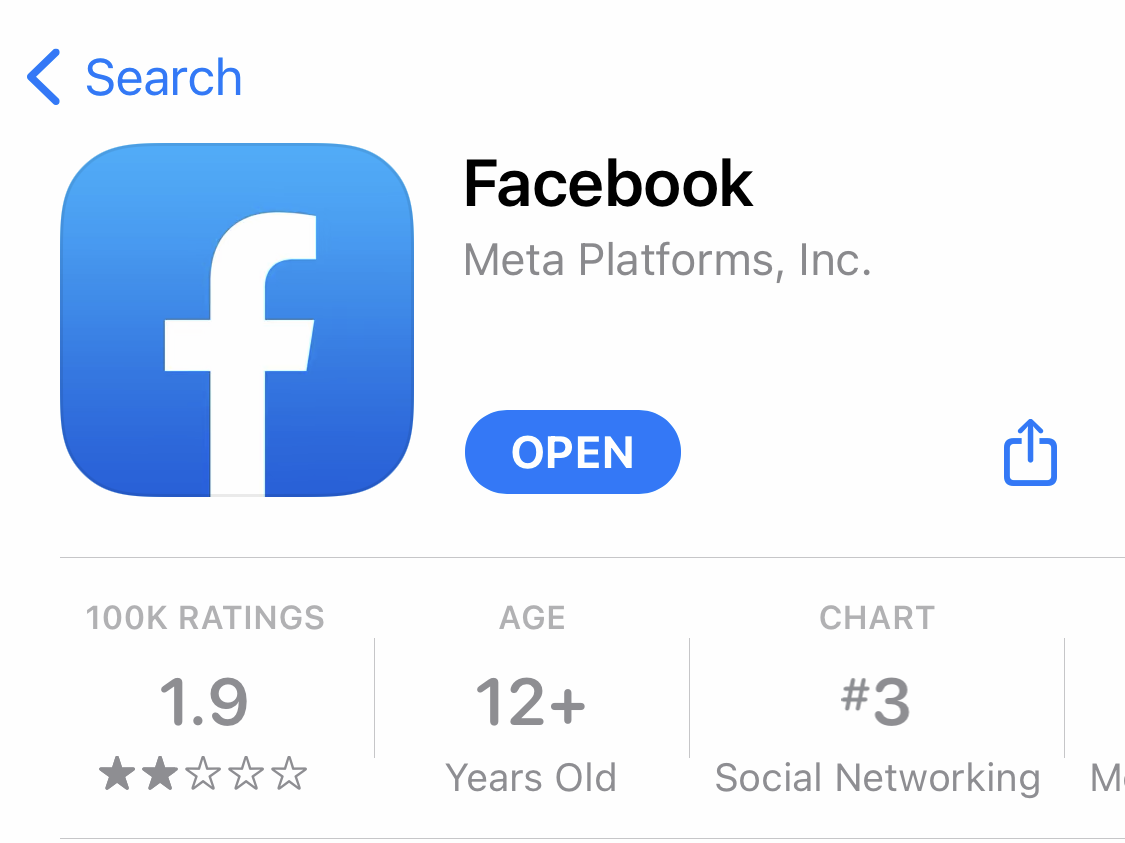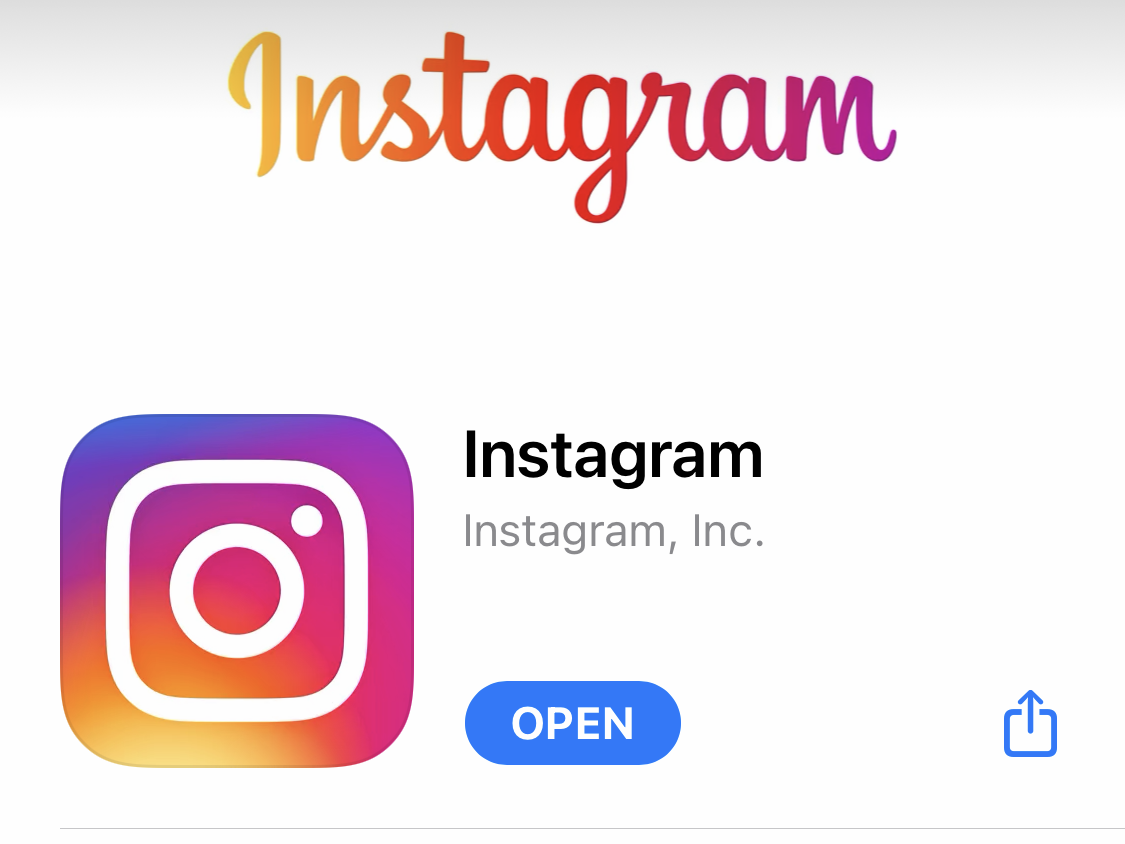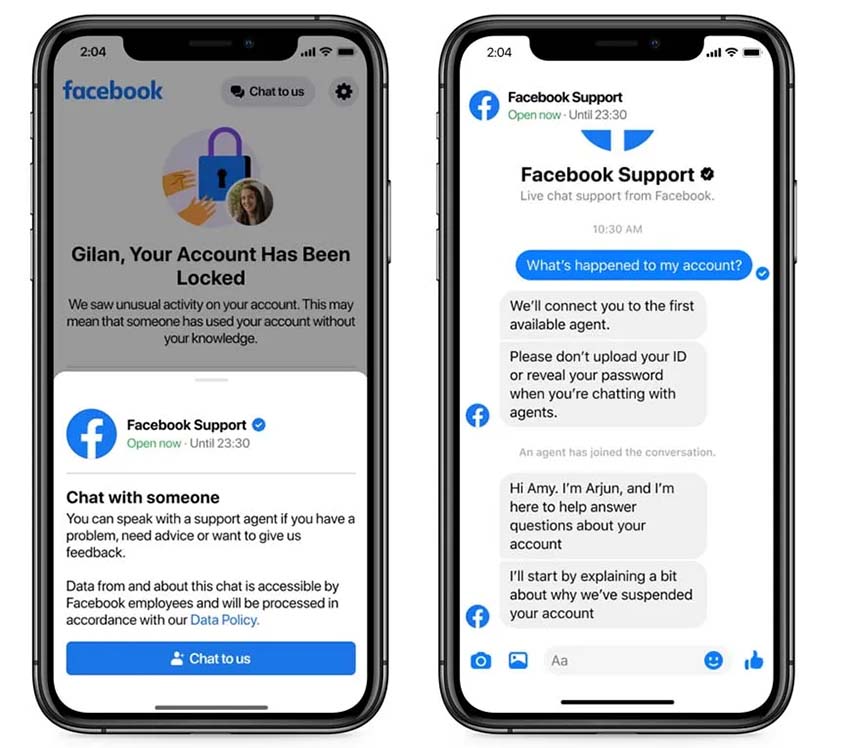TikTok has become a titan within social and viral content in 2021. So much so that the ByteDance-owned platform has overtaken Google as the most visited website of 2021.
CloudFlare, a security company, released this year’s annual rankings. It was discovered that Google has finally been usurped as the number one most visited website by users around the world. Google now sits as number two, opening up the top spot for TikTok.
The top 10 most popular domains of 2021 are as followed:
- 1. TikTok.com
- 2. Google.com
- 3. Facebook.com
- 4. Microsoft.com
- 5. Apple.com
- 6. Amazon.com
- 7. Netflix.com
- 8. YouTube.com
- 9. Twitter.com
- 10. WhatsApp.com
In comparison, TikTok ranked number seven in 2020’s rankings. While still largely popular, TikTok sat behind websites such as Facebook, Microsoft, Apple, Netflix, and Amazon in the seventh spot. However, over a mere 12 months, the popularity of TikTok escalated to the point where it was able to overtake each aforementioned website.
CloudFlare’s data does not specify if it includes traffic from Douyin, TikTok’s sister app, available in China. Additionally, the use of TikTok has been banned in India, which was once the app’s top global market.
According to the data, the first day TikTok held the number one spot was February 17th, 2021. It then fluctuated between March and May gaining that spot once more a few days during that period. However, come August 10th, 2021, TikTok managed to hold that spot for the majority of the year, including Thanksgiving in the US and Black Friday.
It’s an impressive feat by TikTok in 2021. Though, it is slightly scary considering how popular and accessible Google is as a website. Google is a ubiquitous website that for all intents and purposes is the internet to many. Though, I suppose that can not compete with TikTok’s apparent 1 billion monthly active users.
Source: Cloudflare













